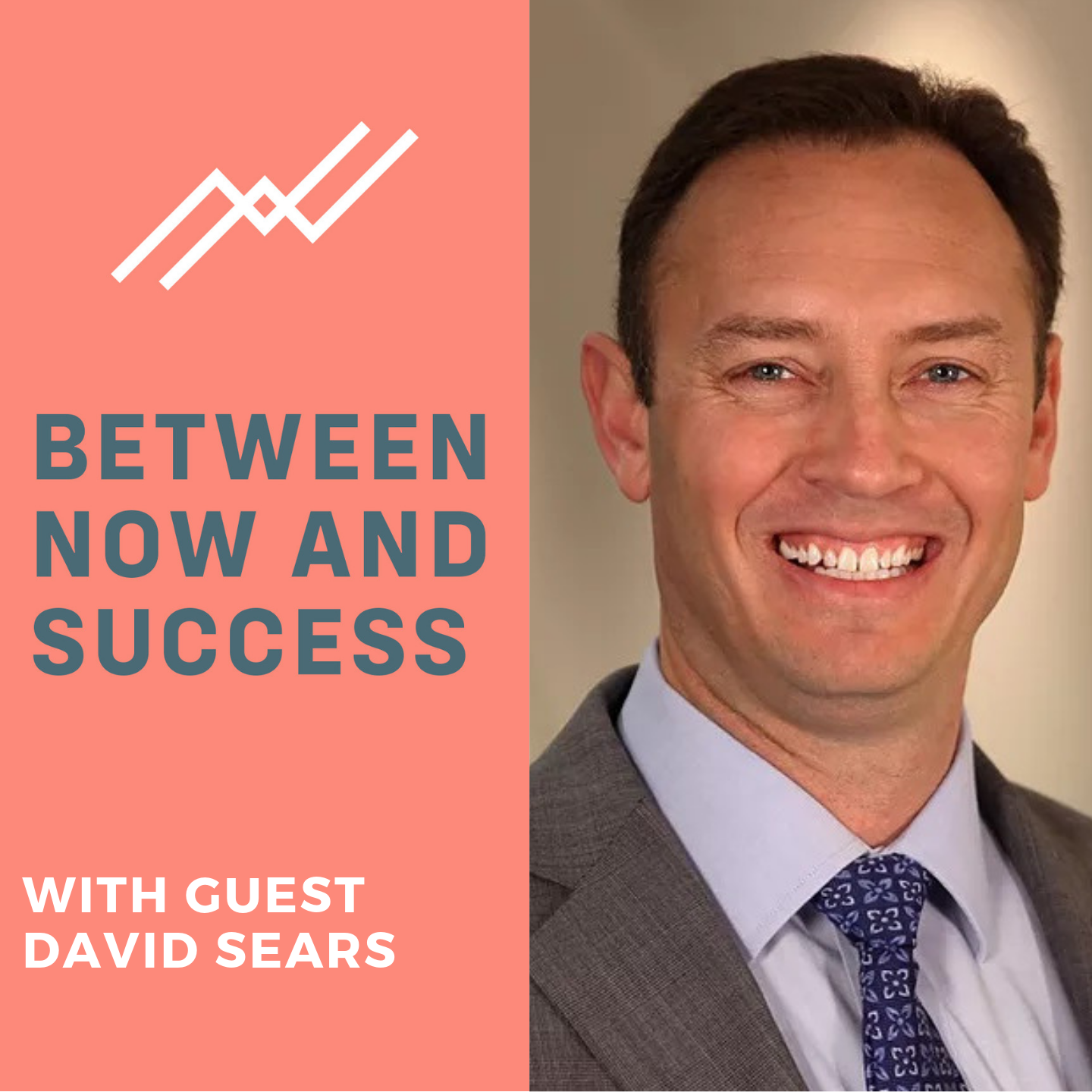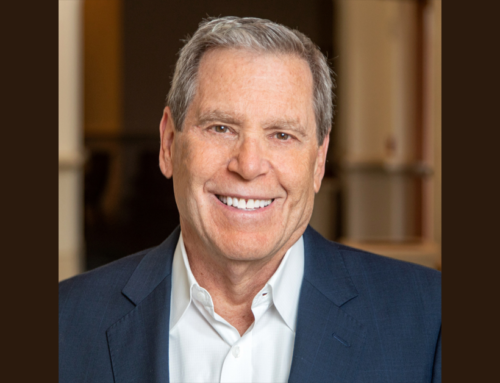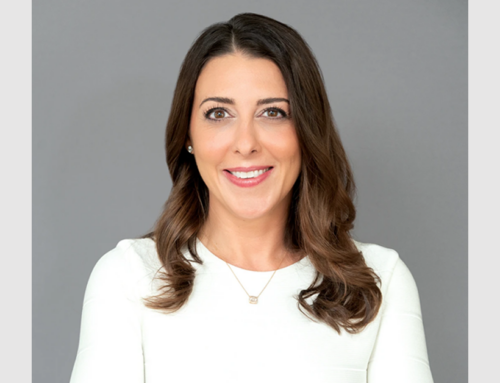Today I’m going to share 3 maxims used by Navy SEALs that drive their elite performance.
These maxims have been used by SEALs for decades and have proven their worth in thousands of Special Operations missions in every corner of the world.
The good news is, they’ll work for you too. Apply them to your business and to your personal performance and watch your results soar.
My guest today is Commander David Sears of the United States Navy. David retired after serving for 20 years in the Navy SEALs. He’s a decorated veteran who planned, led, and executed hundreds of Special Operations missions in more than 40 countries on five continents.
In our conversation we talk in-depth about three maxims that guide how Navy SEALs operate. Each maxim is so nuanced that once you dig into the surface-level truth, you’ll find deeper levels of insight that can apply to any kind of business – including, of course, financial advisory.
I really love making these kinds of connections. I firmly believe that to be successful in any business, you need to diversify your inputs and learn as much as you can from whomever you can. You might not think that advisors and Navy SEALs have a whole lot in common. But more often than not, I’ve found that strategies that the absolute best of the best use to excel in one field have lessons for folks in other businesses as well.
To read the three maxims that will help you elevate your performance like a Navy SEAL, enter your email address below to register.
1. “Slow is smooth. Smooth is fast.”
David explains, “In the SEAL Teams you want to get your fundamentals down cold. You need to have a great foundation to build upon in order to do the more advanced skills. So, we really focus on having the fundamentals down and we always revisit them. This turns you into a deliberate thinker versus a reactive thinker.”
A good way to visualize this idea is to think about some of the world’s greatest athletes. You don’t see a hitch in Usain Bolt’s stride when he’s gliding down the track. Great golfers and tennis players use the same smooth mechanics every time they approach the ball. In one of my favorite books on leadership, “The Score Takes Care of Itself,” legendary San Francisco 49ers coach Bill Walsh describes how he drilled the essentials of the West Coast offense into his players until every passing route ran like clockwork.
The best athletes look effortless because they’ve spent hours breaking down every movement to its fundamentals and repeating those fundamentals until they’re smooth, and eventually fast. Great businesses work the same way.
When you slow down and make the effort to master the fundamentals, you can start stacking more advanced strategies on top of your strong base. Stacking leads to momentum. Momentum leads to compounding. And compounding leads to astonishing results.
How do you get better? Practice. That’s why my company, ROL Advisor, places a big emphasis on webinar training, monthly learning hours, and role playing. I know some folks worry that too much prep is going to turn them into a robot. But I’ve found that with preparation comes confidence, and with confidence comes the ability to improvise and personalize your message. As you get better at what Ross Levin calls “the slow things,” like helping clients deal with life transitions, your interpersonal skills will go from slow, to smooth, to fast, to scalable.
2. “Two is one, one is none.”
Navy SEALs never send just one helicopter out on a mission. There’s always a second available in case something happens to the first one. Likewise, a SEAL doesn’t pack just one radio in his gear, he always packs two in case the first breaks.
“In the SEAL Teams, we always have backup plans,” David says. “We have contingency plans A, B, and C. ‘What are we going to do if this happens? Where do we go if this happens?’ We walk through a lot of those. These initial contingencies become part of the plan, but we’ll explore other scenarios intellectually, out loud, so that it’s embedded in our memory, and we’re not surprised then if something happens.”
Imagine how powerful it would be if your client thought of you as the other half of their “two.” How much more would your clients value your services if you were the trusted “backup” to all their major life and financial decisions? A client who comes to you for “contingency plans” in those circumstances is going to be a client for life.
There’s also an important team-building lesson in “Two is one, one is none.” In their training, SEALs drive this home by having recruits perform physically demanding tasks that are impossible solo, like lugging an enormous log. New SEALS learn quickly that they can accomplish much more together than they can separately.
That message should resonate in your office culture as well. You need to have top-notch people working together and supporting each other’s efforts to get the best results for your clients. I also see many advisors adding additional value by widening the scope of their teams.
One way of doing that is to develop strong relationships with legal, financial, and medical professionals in your community. If a client needs a pro to help sort through Medicare options, you want them calling you for a recommendation.
Another example is how David Dunn designed his practice from day one to be a one-stop shop that can meet all the needs of ultra-high-net-worth clients.
And Brent Kessel’s team at Abacus Wealth applies philosophies from yoga to create a unique brand of financial advisory focused on self-reflection and total wellness.
Offering additional resources that your client base will appreciate will underscore your value and strengthen the quality of your team.
3. “Work hard, play hard.”
OK, so we’ve all heard this one before. But David says that this maxim isn’t just about achieving a healthier work-life balance. It’s about being as engaged outside of the office as you are in it.
“Your work and play are inter-meshed,” he says. “When you play, you gain this diversity of experiences in different things that fire off connections that you didn’t know exist. You won’t know what you’re going to connect until you get outside of your work. What we want to see is that when you’re in the play piece, your other life outside of work, you are just as engaged and present as you are when you’re at work. A lot of times what I see is people just waiting to get back to work. Instead of taking that aspect of their lives just as seriously, and putting in just as much intention and engagement, and being 100% present in that play piece, they use it as a filler, and just wait to get back to work. That has horrible consequences over the long term.”
David was strict about insisting his SEAL team take days off, especially after they’d been away on a long mission. But he also found ways to let his team unwind during the workday. Their office was well-stocked with Nerf guns, and the occasional ten-minute “firefight” would break out just to ease some tension and blow off some steam.
Your clients probably don’t want to see foam darts flying over their heads. But your team can’t stay chained to their desks all day either. I used to encourage employees to take walks or browse the nearby library and come to our next meeting with an idea that grabbed them, even if it wasn’t necessarily about finance.
Like David, I’m a big believer in the value unplugging from work and enriching yourself with diverse ideas and experiences. Being the boss can be very consuming, especially at those critical moments when you need every facet of your business to be firing on all cylinders.
But if your management style is more drill sergeant than SEAL, you’re just setting yourself up for mission failure.
Resources
– www.dcsears.com Visit David online to learn more about his speaking and consultancy services.
– Optimizing Your Performance In High Stakes Situations My conversation with Naval Test Pilot James Licata is a nice complain piece to this episode. James and I discuss strategies he’s learned for coping with pressure that those of us with our feet on the ground can use in our lives and businesses.
– Values Clarification Toolkit Click here to download this FREE tool and start living your values.





